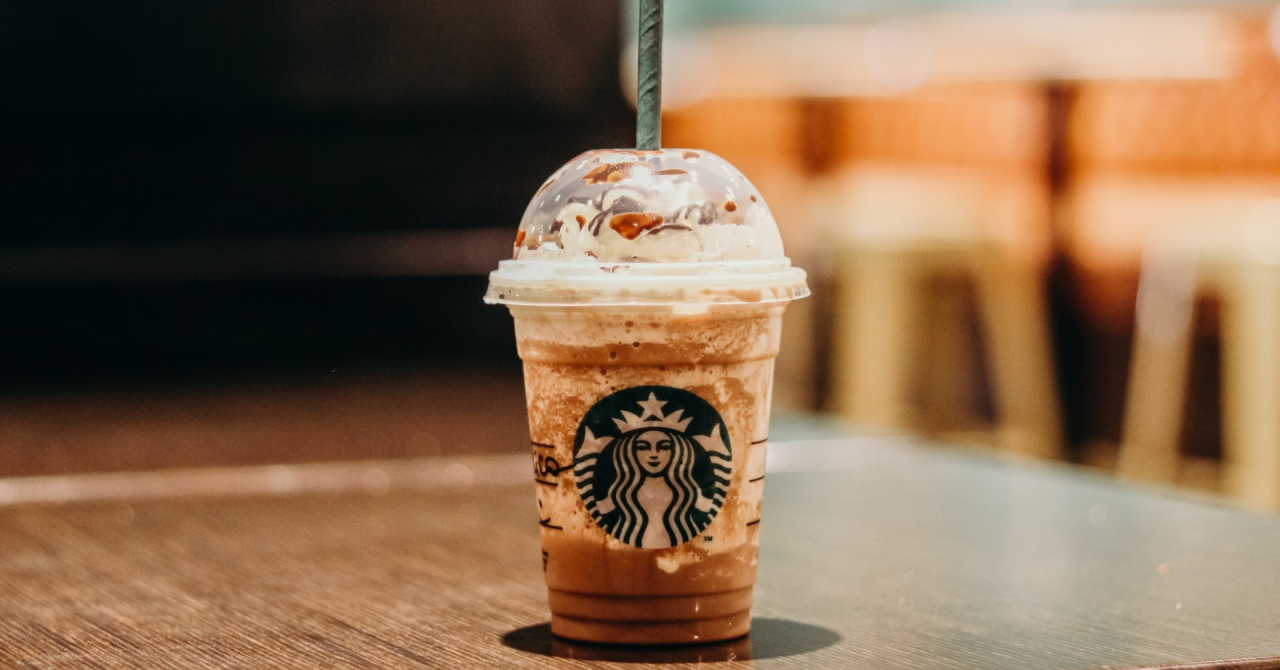According to Eurnonews.green, the organization's report analyzes representatives of its ReSource program, which was launched back in 2019 to encourage 100 companies to reduce plastic use by 50 million tons.
Since the introduction of the initiative, companies managed to reduce plastic use by 3.100 tons and increased the contents of recycled materials by 35%.
Despite the apparent progress, WWF experts report that eight companies have sent 43% of the generated plastic waste to landfills, 9% of it was incinerated and 15% wasn't managed properly.
Erin Simon, vice president and head of plastic waste and business at WWF, says the results show members of ReSource are being transparent in how they are working to address the problem. Measurement and data sharing are critical first steps."
"The next, more challenging step is ramping up the pace of progress. There is a path forward. This will be difficult but it's still very possible to meet our goals", he added.
Still, in 2021, the eight businesses that weren't doing great progress with regards to plastic waste management used around 7.2 million tons of plastic.
Out of them, Coca-Cola and Amcor, a packaging company, used 78% of this amount, being the largest users.
McDonald's and Starbucks were two companies that saw an increase with regards to "plastic intensity", which is the amount of plastic materials they produce relative to their sales.
In order to truly reduce the amount of plastic usage, companies and authorities must first find better policies to prevent waste materials from reaching landfills, being incinerated or reaching our ecosystems.
Additionally, scientists need to come up with innovative solutions when it comes to more sustainable packaging.
 Mihai - Cristian Ioniță
Mihai - Cristian Ioniță












Any thoughts?